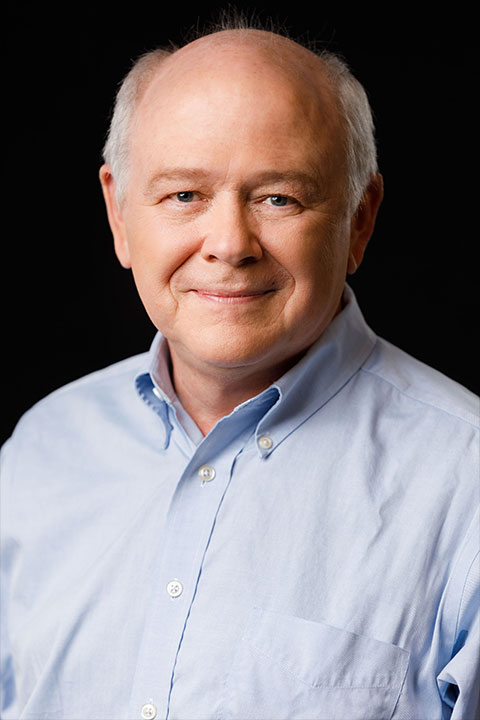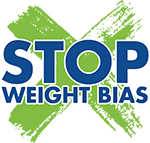Meet Ted

I’ve been working on obesity for the better part of two decades
But my personal experience goes back even further. I spend a lot of time thinking about it. Quite naturally, though, my feelings about it run much deeper.
I’ve watched loved ones and myself grow into obesity along with most of the people around me. Big life changes are times when many men start growing heavier. Believe it or not, men gain weight, too, when they have children. So bit by bit, my weight grew toward obesity.
As my parents grew older, I also saw them having health problems that result from obesity.
Starting to Think
After a while, I started working on obesity in my professional life. But when I did, my feelings were very much stuck on obesity as a product of choices.
So I focused on solutions that depend on personal choices, motivation, and readiness to change.
Clues
However, I started getting clues from the work I did back in 2001.
I was listening to hundreds of people who were living with obesity. But they never said the O-word. They just knew they wanted to lose some weight, and never have it come back. They knew how hard it was because many of them had been dealing with it for a lifetime.
Intense Experiences
But most of all, I remember how grateful they were to have someone listen to them and try to understand their experiences. We would do long days of in-depth interviews and focus groups. Those days were marked by people who couldn’t help crying when they talked about it.
For us it was market research. For them, it was their life. And it was painful.
That’s what gave me a clue that all the talk about obesity wasn’t matched by action to help the people affected. Mostly it was serving to place blame and shame on people. It was all talk and no listening – let alone action.
Complex Facts, Strong Feelings
As I continued to work on this, I could see how complicated it is. And the intensity of feelings about it.
At the same time, scientific facts were lining up to show that obesity is not a simple matter of behavior and choice. Families live with it for generations because 70 percent of a person’s risk is inherited.
That’s a fact that doesn’t square with the own-your-destiny culture of Americans. “Personal responsibility” has long been the rallying cry for dealing with obesity. Nonetheless, heritability is a fact. Your genes set the table for obesity. And the environment serves it up.
Knowing in Our Heads
That’s because, in our heads, we know obesity is a disease. It’s a disease of fat tissue, not a disease of size. It’s a disease where your brain, your gut, and the rest of your body isn’t doing its job to regulate the energy it stores.
Scientists know more and more about how this works. And that’s going to bring us better treatments. A lot of doctors – almost 4,000 board-certified obesity medicine physicians – now know it, too.
Feeling in Our Hearts
We’ve also seen a lot of progress on bias and stigma. Explicit bias – fat-shaming – is no longer acceptable. Very few schools are sending home fat letters because it’s just not right. Objective measures of explicit bias are down, too.
But even so, implicit bias is up. It’s the kind you don’t even think about. So a person with obesity still faces a thousand tiny cuts from weight bias every day. It comes at work and school and even at home. It comes from colleagues, friends, and family. It even comes from strangers.
The truth about obesity that we know in our heads – that it’s a complex chronic disease – has not fully penetrated our hearts. Not yet, anyway.
This is why we all need to do our part to stop weight bias.
